Couple Years of Protection:
1,59,72,012: Male Condom
14,53,802: OCP
18,75,063: IUCD
7,839: Male Sterilisation
13,26,949: Female Sterilization
27,325: Injectable – DMPA
More than 3,500 children (under the age of 5) die every day in India, amounting to 1.3 million deaths in a year. What’s worse, five women die every hour in India from complications developed during childbirth, contributing to 45,000 maternal deaths annually. Sadly, most of these deaths are preventable owing to timely health interventions and treatments. India is losing its young mothers and children to some treatable conditions such as anaemia, haemorrhage and sepsis among mothers and diarrhoea, respiratory infections and fever among children.
India faces some incredible targets under Sustainable Development Goals (SDGs), whereby it has to reduce MMR (Maternal Mortality Ratio) from 167/100,000 live births in 2013 to 70 by 2030; reduce NNMR (Neo-natal Mortality Rate) to 12/1000 live births & U5MR (Under Five Mortaility Rate) to 25 by 2030 from IMR (Infant Mortality Rate) of 40 in 2013.
HLFPPT has been contributing towards improving Maternal & Child Healthcare by spreading awareness on pregnancy & newborn care, facilitating antenatal care services, institutional deliveries, postnatal care, need for exclusive breastfeeding, immunization services as well as diarrhea management among children.
In an unfortunate paradox for the fastest growing economy in the world, India has a Maternal Mortality Rate (MMR) as high as 8.8% and an annual basis more than 44,000 women in India die on account of preventable causes associated with pregnancy. Maternal and newborn health is a significant challenge in India. Rates of maternal and newborn mortality remain high compared to rates in other countries. Within India, the state of Rajasthan has one of the highest maternal and neonatal mortality rates. To date, there have been a number of programmes supporting maternal care, including provision of incentives for mothers to give birth in facilities.
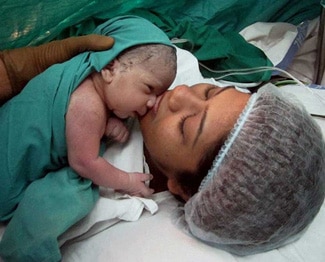
Operational in: 5 States | Partner: Multiple Partners
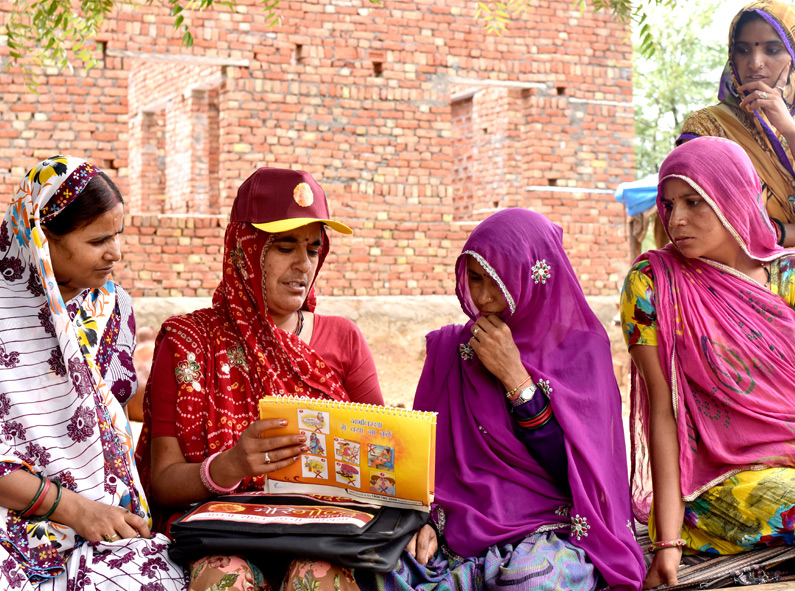
HLFPPT has instituted Merrygold Health Network (MGHN) one of the most unique and largest Social Franchising health networks in India with 500+ hospitals & clinics spread across 150+ districts in 5 states. It is based on Public Private Partnership (PPP) model that offers quality Maternal & Child Healthcare and Family Planning Services at affordable rates. It’s a three-tier network, comprising L1 Hospitals (with PG doctors, minimum 20 beds), L2 Hospitals/Clinics (with MBBS doctors, min 5 beds), and Merrytarang Members or L3 (community health volunteers who spread awareness on reproductive healthcare & eventually link community members with L1/L2). Currently, MGHN is operational in 5 states (Uttar Pradesh, Rajasthan, Bihar, Odisha and Uttarakhand) with different partners. Since 2007, it has facilitated more than more than 2 million Antenatal Check-ups, 3 lakh Institutional Deliveries and 1 million Postnatal Services.
This newly-launched government scheme has given a boost to HLFPPT in promoting HIV screening among expectant mothers under Prject AHANA. HLFPPT is among the early adopters of using PMSMA as a significant platform for: Mobilising pregnant women for HIV screening; Doing advocacy with health professionals for including HIV screening in ANCs; Checking stock of HIV kits at health facilities; Ensuring that frontline health workers are well-equipped with information & skills on HIV screening, etc. Since the launch of PMSMA in June 2016, HLFPPT has facilitated HIV screening among 1 lakh pregnant women in Bihar, Chhattisgarh and Odisha under Project AHANA.

Operational in: Multiple States | Partner: Laerdal Global Health

In order to build capacities of Health Service Providers on Maternal & Child Healthcare & for strengthening the quality of its trainings, HLFPPT has been utilising simulation-based lifesaving tools by Laerdal Global Health (LGH) during its training initiatives. Norway-based LGH develops products & programmes aimed at helping save lives of newborns and mothers in low-resource countries. HLFPPT is also facilitating distribution of the lifesaving tools by leveraging its experience, expertise and presence in the field of social marketing; social franchising, capacity building; community mobilization and health skilling under this alliance.
The programme aims for establishment & operationalisation of a Centre of Excellence (COE) District Early Intervention Center (DEIC) and Training Centre for early intervention of 4 Ds (Diseases, Deficiencies, Disability and Developmental delays) for minimising disabilities among growing children. In line with this, Hindustan Latex family Planning Promotion Trust (HLFPPT), with support from MoHFW & NHM-UP, is operationalizing one Centre of Excellence- DEIC & Training Centre at G.B Nagar, Sector-30, UP. This Noida Centre is developed as “First of its Kind” COE-DEIC & Training Centre as a Model DEIC for others and is having state-of-art infrastructure facilities, equipped with specialized and trained human resources with standardized treatment, diagnosis and referral protocols to ensure delivery of child friendly services.
This centre would be responsible for training other DEIC team for ensuring the standardized protocols of treatment and upgrading the skills. Apart from this, HLFPPT is also managing another Normal DEIC at Ghaziabad. DEICs would provide standardized screening, treatment, referral and follow-up of all cases thereby improving both survival and development of children.
In addition to this, other DEICs are in pipeline like- Haryana, Kerala, Assam, Himachal Pradesh, Jharkhand, Bihar & Delhi.
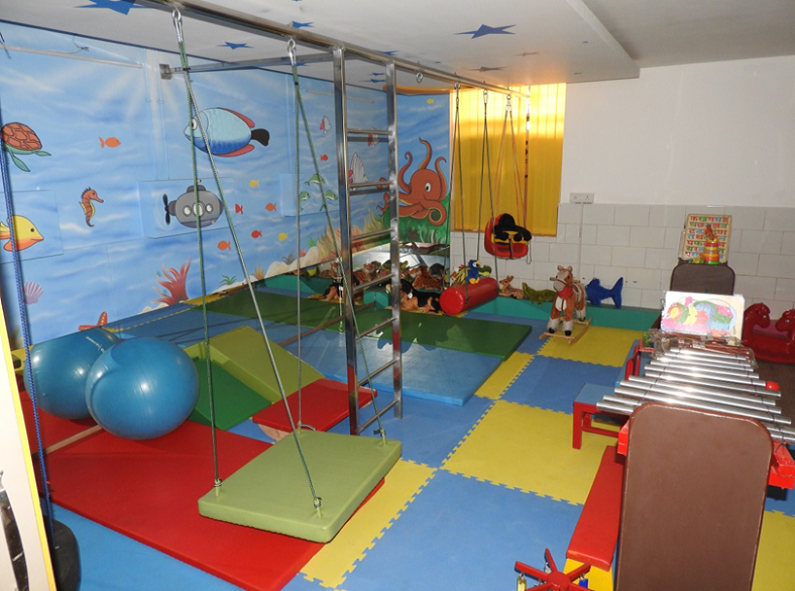
PAHAL (Partnerships for Affordable Healthcare Access and Longevity) is an Urban Health Project that aims at improving access to affordable & quality healthcare for 10 million urban poor in India and reducing their out-of-pocket expenditure by 30% through providing a continuum of healthcare services. Under this project, HLFPPT has aligned with IPE Global, a leading development sector consulting firm, for strengthening its MGHN Network as a sustainable business model. IPE Global is providing technical and advisory support in critical areas to make MGHN more efficient, predictable, scalable and sustainable. The alliance is ensuring that MGHN growth continues under its larger goals of reducing preventable morbidity and mortality among mothers, infants and children; improving access and quality of RMNCH+A services; instilling health seeking behaviour among community members; and reducing out-of-pocket expenditure.
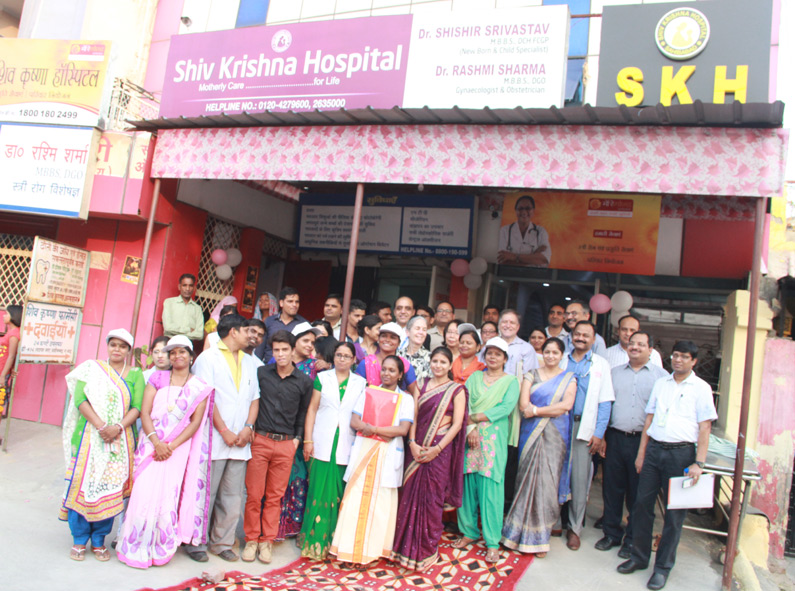
Operational in: Multiple States | Partner: ARTIST
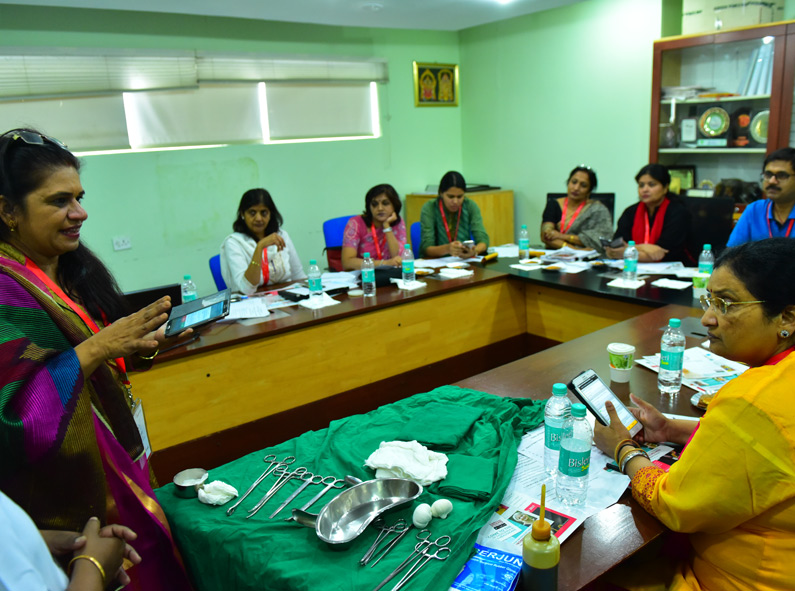
With the aim to improve Quality of Care, especially the quality of Maternal & Child Healthcare at MGHN facilities, HLFPPT has partnered with ARTIST (Asian Research & Training Institute for Skill Transfer), a Bengaluru-based institute of learning. Under the alliance, ARTIST has provided hands-on-mentoring, technical assistance and operational support for identifying gaps in KAPs (Knowledge, Attitude & Practices) among MGHN facilities and helped them with quality enhancement.
Operational in: Kerala (3 districts)| Partner: Govt of Kerala
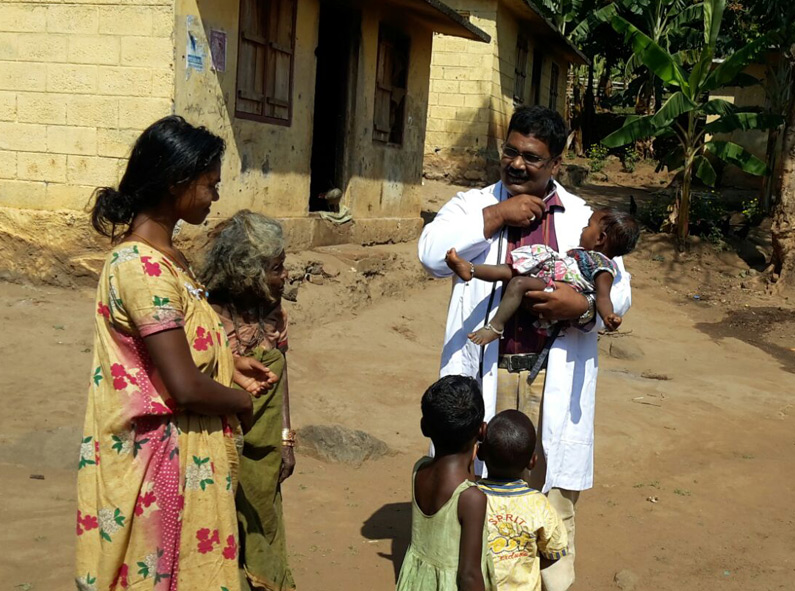
In its zeal to take healthcare services to remote, unconnected rural/tribal regions in Kerala, HLFPPT has initiated four Mobile Medical Units (MMUs) in the state across three districts (Palakkad, Wayanad & Malappuram). Among these, HLFPPT has been operating three MMUs with support of the Department of Scheduled Tribe Development, and one MMU in Palakkad district with support of the Scheduled Caste Development Department of the state government.
HLFPPT has successfully operationalised Mobile Medical Unit (MMU) called ‘Sehat Ki Sawari’ in Tehri & Chamoli districts with support from Uttarakhand Health & Family Welfare Society (UKHFWS). The initiative has aimed at providing high quality reproductive healthcare services including counselling and testing for HIV/AIDS and products to the unserved or underserved populations. Currently it is operating the MMU in Rudraprayag & Udham Singh Nagar districts with support from UKHFWS.
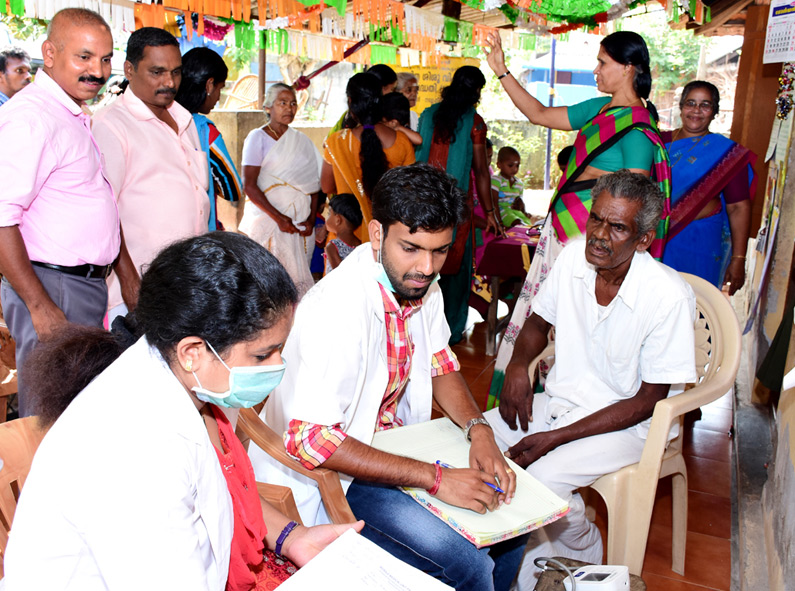
Implemented in: Six States | Partner: UNICEF
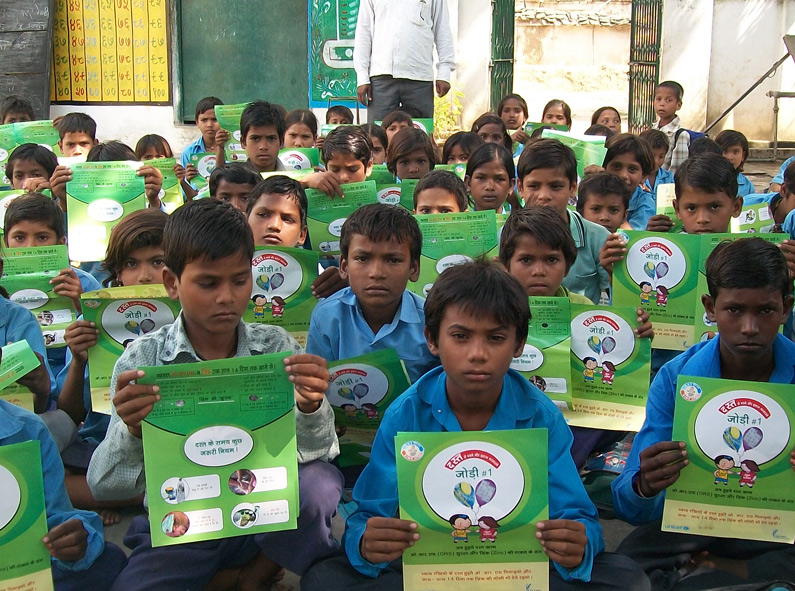
HLFPPT, with support from UNICEF, has implemented Project AMRIT in those states of India which had high incidence of diarrhoea among children. It aimed at reducing diarrhoeal deaths among children by advocating the use of ORS-Zinc combination as an “elixir” for treatment and prevention of the disease. It has reached out to 1 million mothers and caregivers with demonstrations on ORS-Zinc usage for combating diarrhoea.
This project was implemented by HLFPPT with financial support from USAID – Health Systems 20/20 Project. It was intended at capacitating two Gender Resource Centers (GRCs) operational under Mission Convergence to facilitate improved access and utilisation of primary healthcare services, especially maternal and child healthcare among the vulnerable populations.